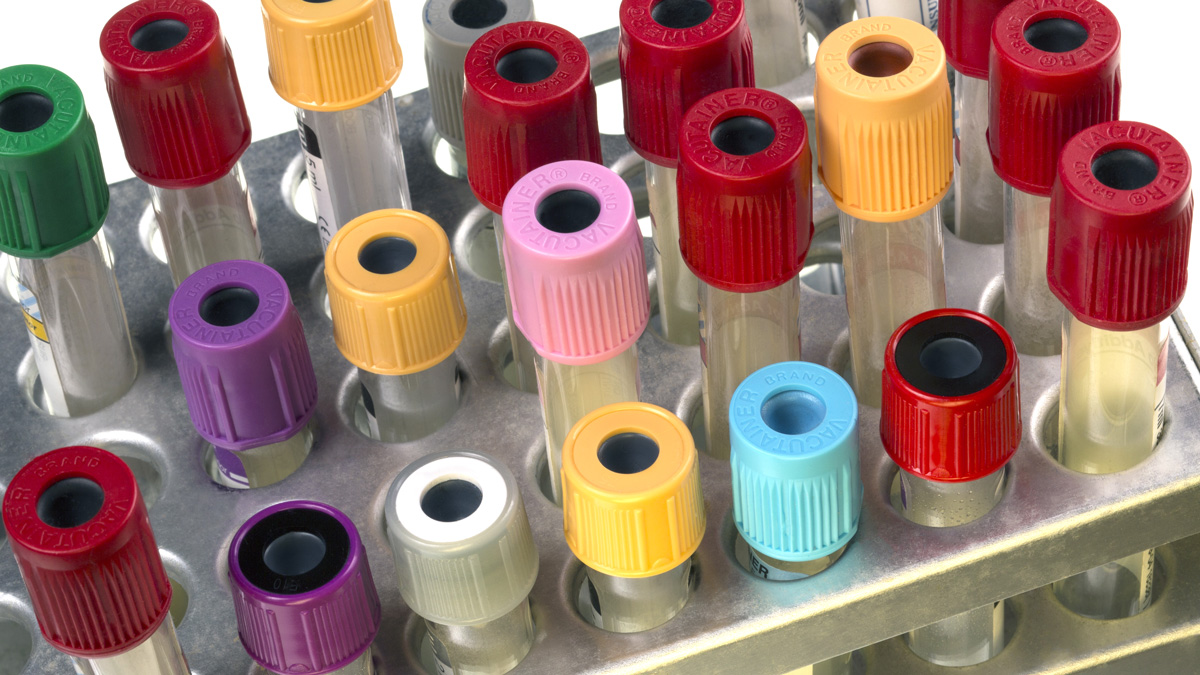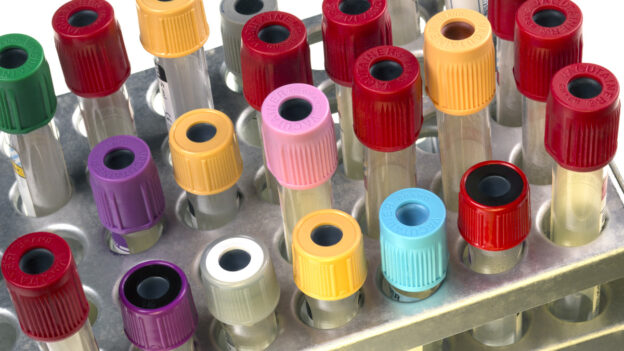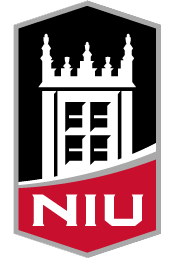By James O. Westgard, PhD; Sten Westgard; Jose Cervera; Adriano Ciccomancini
LEARNING OBJECTIVES
Upon completion of this article, the reader will be able to:
- Discuss the evolution of statistical quality control (SQC).
- List the scientists and describe their early quality control method.
- Describe the advantages to patient-based, real-time quality control (PBRTQC) and which type of testing it would be advantageous for.
- Discuss the study findings of using PBRTQC and its utility in blood gas POC testing.
About the Authors
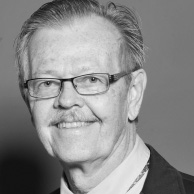
James O. Westgard, PhD is a Professor of Pathology and Laboratory Medicine at the University of Wisconsin and Director of Quality Management for the Clinical Laboratories at the University of Wisconsin Hospital and Clinics. He is co-founder and President of Westgard QC and best known for his work in statistical quality control, including the development of the multi-rule control procedure “Westgard Rules.” He is the recipient of numerous awards for his scientific achievements and leadership in clinical chemistry.
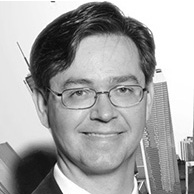
Sten Westgard is Director of Client Services and Technology for Westgard QC. Sten has presented at conferences and workshops worldwide on topics such as the “Westgard Rules,” IQCP, Six Sigma, method validation, and quality management, and received an Outstanding Speaker award from the AACC for 2008 through 2012, and 2016. Sten is an adjunct faculty member at the Mayo Clinic School of Health Sciences in Rochester, Minnesota; an adjunct faculty member at the University of Alexandria, Egypt; an adjunct visiting faculty member at Kastruba Medical College of Manipal University, Mangalore, India; and an honorary visiting professor at Jiao Tong University, Shanghai.
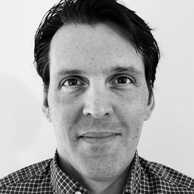
Jose Cervera was awarded a Masters in Analytical Chemistry in 2001 by the Universidad Autonoma de Madrid, Spain. He works in the R&D department Werfen. He has been involved in the development of several critical care analyzers, was the technical scientist leader for development of the GEM® Premier™ 5000, is the coinventor of the iQM2/Intraspect QC methodology, and continues to work in R&D at Werfen as an R&D Manager/Scientist. He has authored several publications and owns various patents.
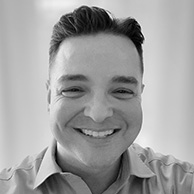
Adriano Ciccomancini, MBA, SSGB is a Group Product Manager for Werfen. He has spent 20 years in the medical device and specialized diagnostic industries. He is an honors graduate of Northeastern University, holds a Six Sigma Green Belt certification, and is an active supporter of the American Society for Clinical Laboratory Science (ASCLS-ME) via various leadership roles – Board Member, President, Treasurer.
Photo credit: Photo 51579738 © Steve Allen | Dreamstime.com

